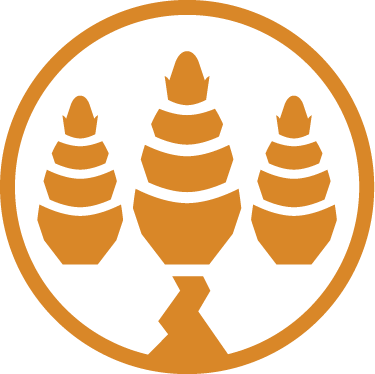
Frequently Asked Questions
Are you a 501(c)3?
Yes.
Is Save Cambodia affiliated with any political party?
No. Save Cambodia does not favor, nor are we affiliated with any political party.
What do you want, and do you plan on saving Cambodia?
It takes a large movement of people and groups to assist a nation. We are a guide for Cambodians to strengthen relationships within the national and international community so they can develop the tools and strategies to start making their country feel like home again.
Why is the organization’s name “Save Cambodia”?
We want to inspire and challenge the meaning of the word, “save” and alter the ideas of dependency on one individual or group to be their savior. Many Cambodians struggle with unity and self-empowerment. Our focus is on unifying the people to achieve self-empowerment by providing resources and opportunities on how to bring awareness, build partnerships and engage on the international stage. We are helping Cambodia Stand to Rise so we can build a sustainable and bright future for our country and our people.
"No one saves us but ourselves. No one can and no one may. We ourselves must walk the path."
What is Stand to Rise?
Stand to Rise is the process of synchronizing efforts through a set of initiatives, activities, standards, and expectations on strengthening Cambodian unification to position Cambodia for sustainable, effective growth, and prosperity.
What is ECOSOC Consultative Status?
Consultative status offers NGOs key practical benefits, such as, but not limited to:
UN grounds pass for our representatives to enter onto UN premises and observe open meetings;
Participate formally in UN meetings, ECOSOC function commissions and its subsidiary bodies such as, but not limited to, Status of Women, International Labour Organization (ILO), UN Educational, Scientific and Cultural Organization (UNESCO), UN Migration Agency (IOM), World Health Organization (WHO), World Intellectual Property Organization (WIPO), World Bank;
Attend international conferences and events, including events by the President by the General Assembly;
Ability to physically enter into conference rooms, and interact with diplomats and UN staff;
Make written and oral statements at these events;
Organize and host side-events;
Opportunities to network with like-minded NGOs, which can contribute to effective joint cross-regional advocacy position and lobbying activities at critical times;
Provide important opportunities to influence the main decision-makers in UN fora, the Member States.
